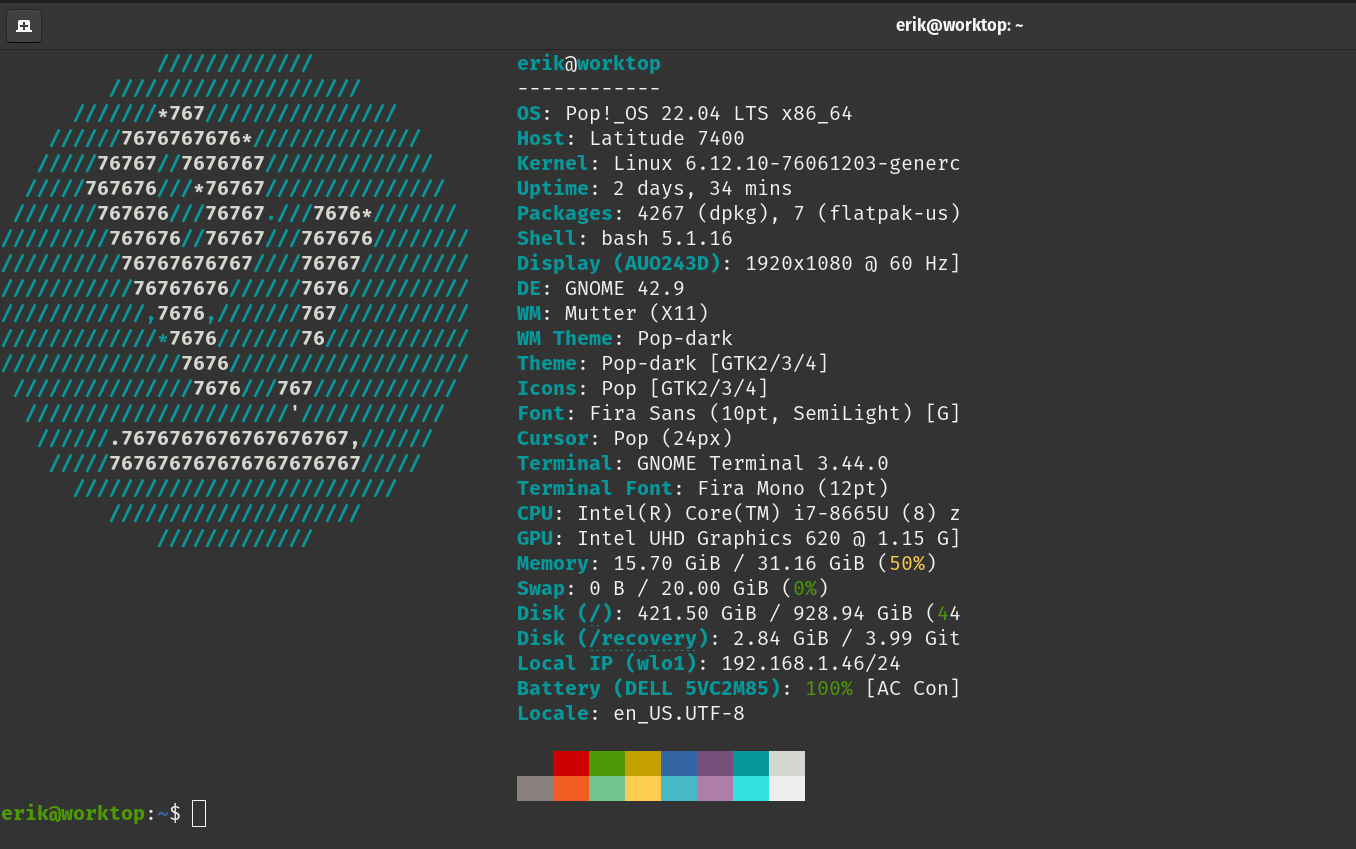Erik Fredericks, frederer@gvsu.edu Fall 2025
Based on material provided by Erin Carrier, Austin Ferguson, and Katherine Bowers
What is it?
Often referred to as an operating system (OS)
Technically, it is a kernel
Many OSs use the Linux kernel
Isn't Mac Linux too?
1970s: UNIX source code typically stripped from distribution
Linux first developed by Linus Torvalds to be a copy of UNIX
Released it to Internet for suggestions on how to improve it
Kernel only updated by core developers and from suggestions
Short history of Linux:
Unix was an earlier operating system
We now use “Unix-like” to describe systems
"Unix-like" systems:
Ability to control the inner workings of the OS
Linux documentation can be easily found on the Internet
HOWTO documents are maintained by their authors but are centrally collected by the Linux Documentation Project (LDP)
Linux newsgroups
Linux User Groups (LUGs): Open forum of Linux users who discuss and assist each other in using and modifying the Linux OS
Linux is less expensive than other OSs
The largest costs associated with Linux:
Total cost of ownership (TCO): overall cost of using a particular OS
No standard edition of Linux
Support means that you’ll be searching for very specific fixes
Not as easy to use as closed-source (Windows)
Program support
Windows (today), is not Unix-like
However, we have WSL! (◕‿◕✿)
See the little dollar sign?
Shell!
echo $0
Where is the shell here?
How do we run in other rings?
Or, connecting to another machine
ssh --> Secure Shell
ssh
Usage: ssh username@address
ssh username@address
For example, connecting to EOS:
ssh username@eos1.cis.gvsu.edu
eos01.cis.gvsu.edu
eos30.cis.gvsu.edu
https://computing.gvsu.edu
This will provide a web-based point of access for you!
Allows for desktop or terminal
Note that the user experience is not great!
However - don't need a VPN!
To exit an SSH session (or to kill your terminal)
exit
* kernel in the (protected) middle and manages all the things * can be recompiled/swapped!
have an old device? toss linux on it!
